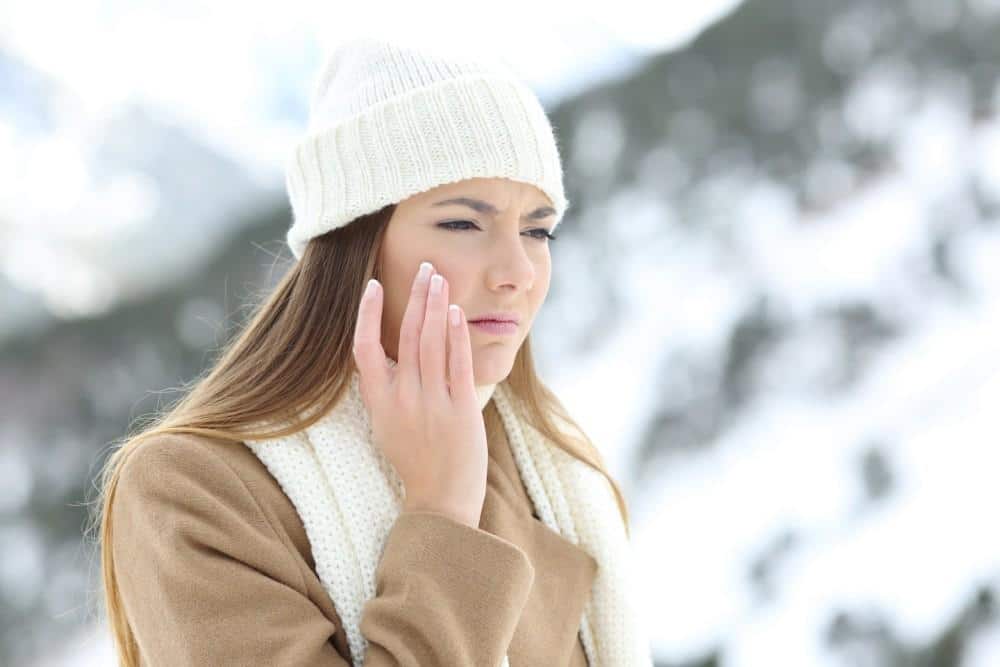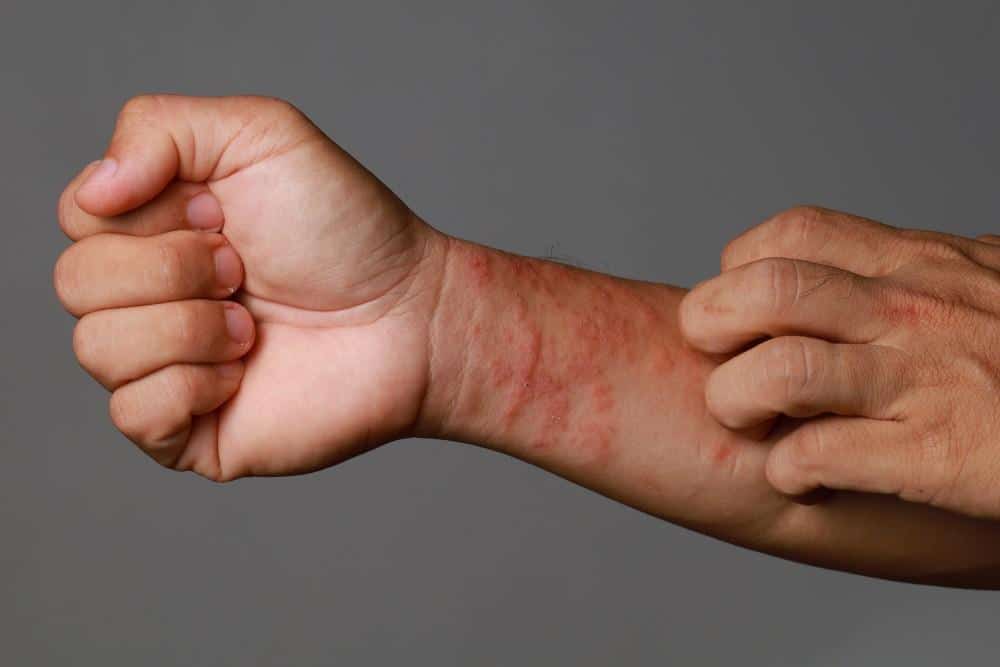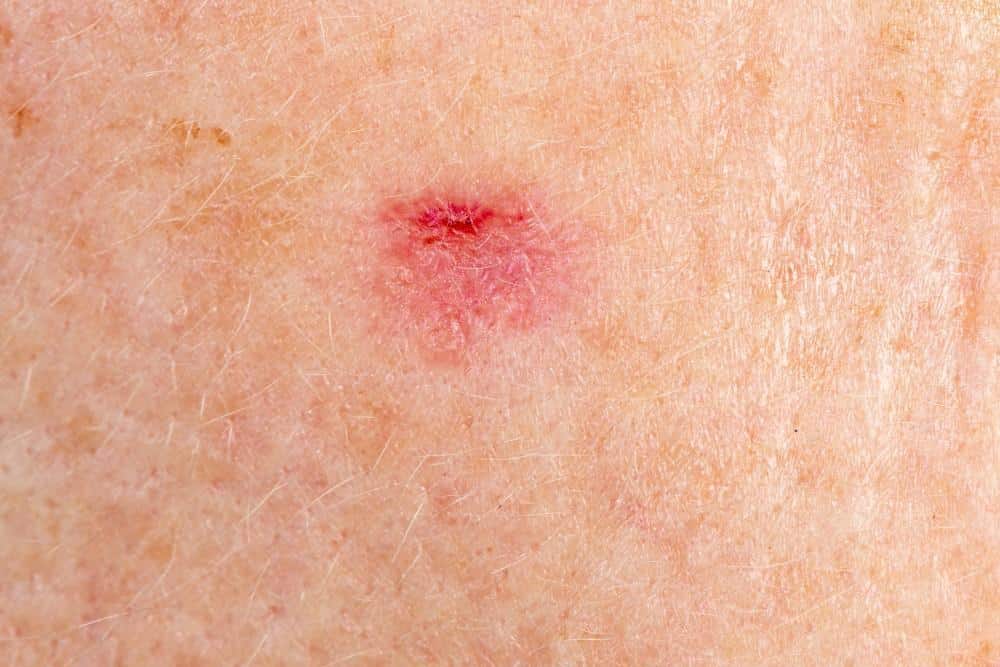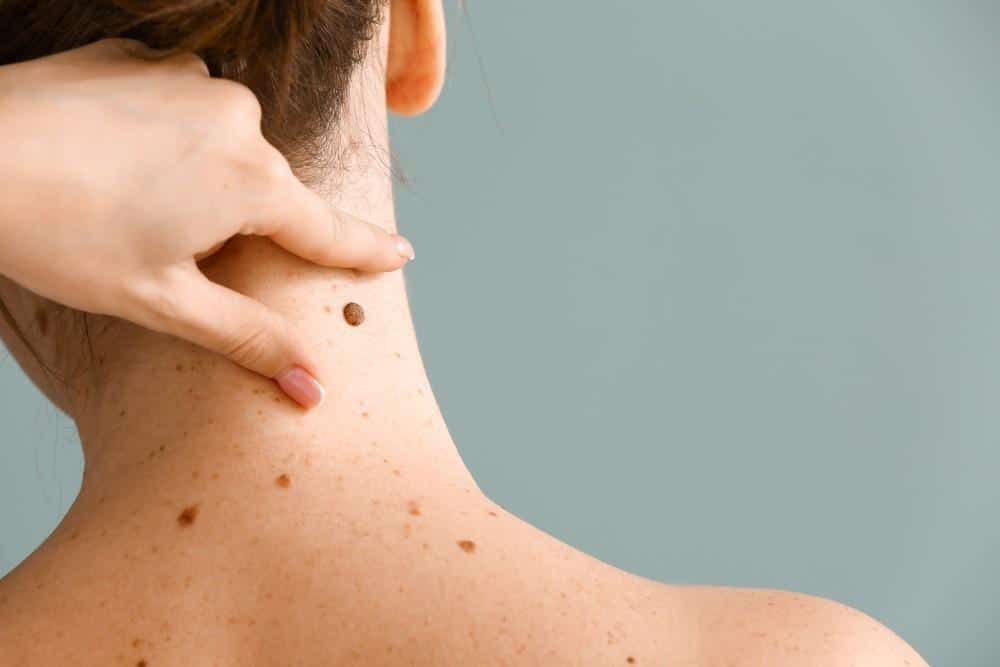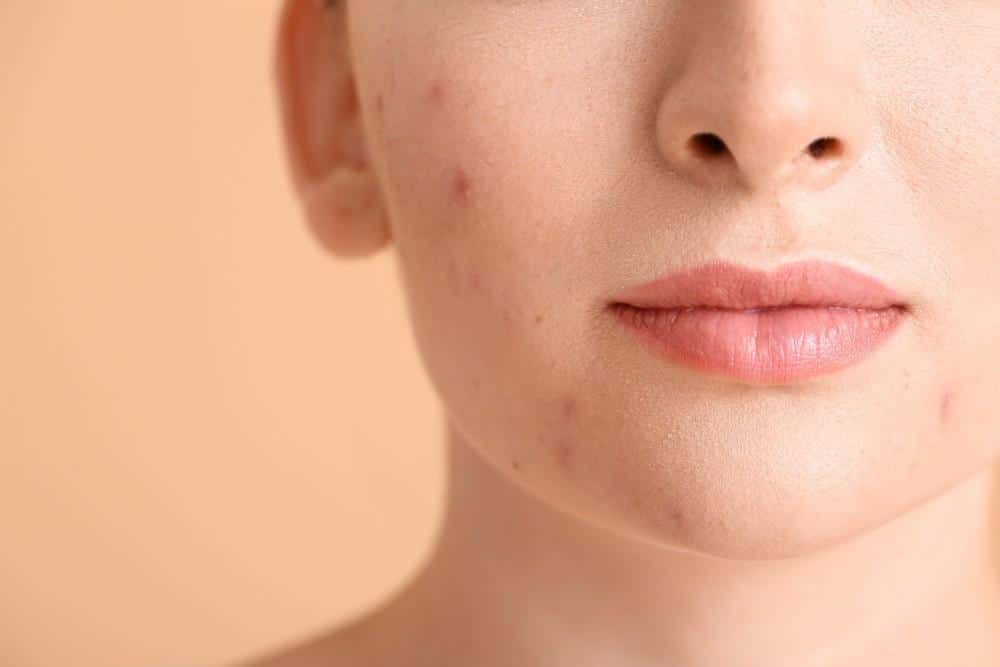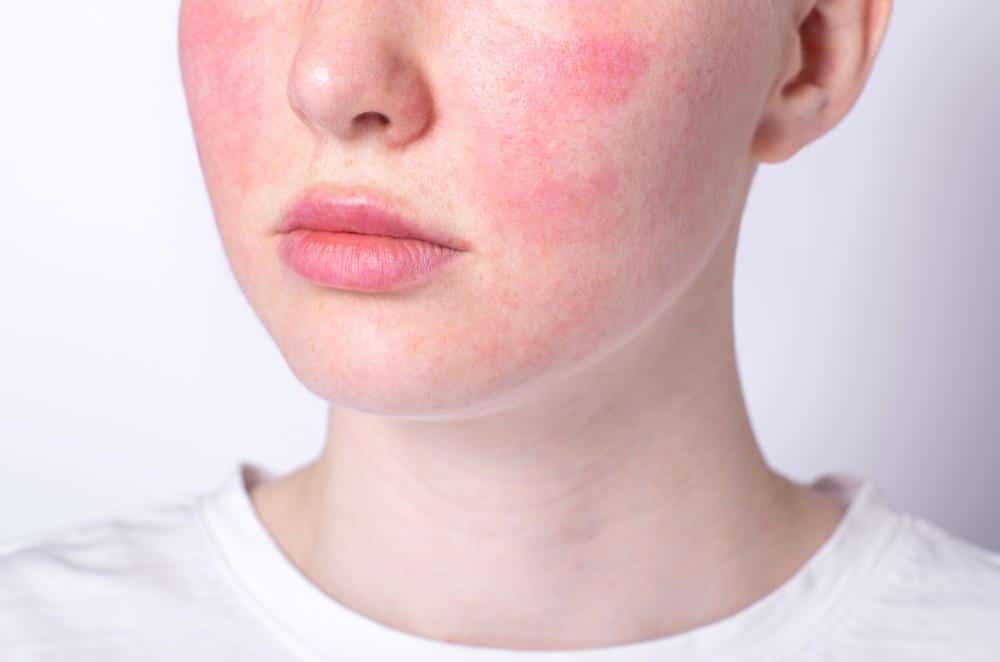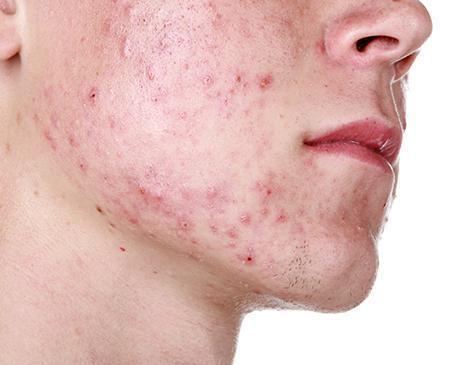
Even though millions of adults struggle with acne, when it happens to you, the toll it can take on your skin and self-confidence is frustrating — especially when you don’t know why you’re breaking out.
To help you understand the factors that might be contributing to your acne, our cosmetic and general dermatologists at Manhattan Dermatology have put together this informative guide. We’re committed to helping our New York City patients combat breakouts with the latest topical, oral, and laser therapies at our Manhattan offices in Murray Hill and Midtown East.
Keep reading to learn why you still have acne, what you can do about it, and the treatment options.
Understanding adult acne
There’s a difference between the causes of acne and the triggers that lead to breakouts. Acne results when you have an overproduction of sebum, a waxy substance your body produces to protect and lubricate your skin.
Too much sebum can collect dead skin, bacteria, and dirt and clog your pores and follicles. These clogged pores and follicles provide the perfect place for acne to develop, causing blackheads, whiteheads, and lesions.
But what triggers an overproduction of sebum and the resulting acne varies from adult to adult. Here’s a look at some common triggers of acne breakouts:
Hormonal changes
Changes in hormone levels are the reason so many teenagers suffer from acne. But adults, especially women, aren’t immune to fluctuations in hormone production. Pregnancy, menopause, and even medications like hormone-based birth control cause shifts in hormone levels.
Makeup and skin care products
The products you put on your skin could serve as another trigger for breakouts. Common ingredients in skin care products, called comedogenic substances, may leave your skin feeling smooth, but they also clog your pores.
To help keep acne away, avoid thick products or products that contain wax and oils. Look for “noncomedogenic” on the label of your sunscreen, moisturizer, and makeup.
An underlying medical condition
An underlying medical condition can trigger breakouts. For example, a condition called polycystic ovary syndrome can trigger acne in some women due to the increased levels of testosterone it brings. That, in turn, causes an increase in sebum production.
Certain medications
While some medications can help clear up your acne, others can trigger an outbreak or make existing acne worse. We discuss any medications you’re currently taking to determine if they could be contributing to your acne.
Some medications that may trigger breakouts include testosterone, steroids, and birth control.
When you’re under stress, your body increases the production of androgen hormones, such as testosterone. These hormones trigger the production of sebum. They also lead to changes in your skin cells, increase inflammation, and encourage a bacterium that naturally occurs on your skin to colonize in your hair follicles.
Family history/genetics
Some people have a genetic predisposition to adult acne. If your mom, dad, or other close relatives struggled with adult acne, you’re more likely to get it, too.
The good news is that many treatments exist to help clear your breakouts, and changes to your skin care products and other lifestyle factors may help prevent outbreaks from starting.
Treating adult acne
The most effective way to treat adult acne is by visiting a skilled dermatologist who can get to the root trigger of your breakouts. At Manhattan Dermatology, we evaluate your skin and review your history to create a customized treatment plan for your acne.
For mild acne, we may recommend over-the-counter (OTC) soaps and topical creams or serums that contain acne-fighting ingredients like salicylic acid, sulfur, and benzoyl peroxide.
For moderate or severe acne, or for acne that resists OTC methods, we offer many different acne therapies, including:
- Oral antibiotics
- Hormonal therapies
- Accutane for severe, cystic acne
- Topical therapies
- Resorcinol and/or retinoids
- Chemical peels
- Laser treatments
Learn more about adult acne and how you can clear your skin by contacting our acne experts at Manhattan Dermatology.
